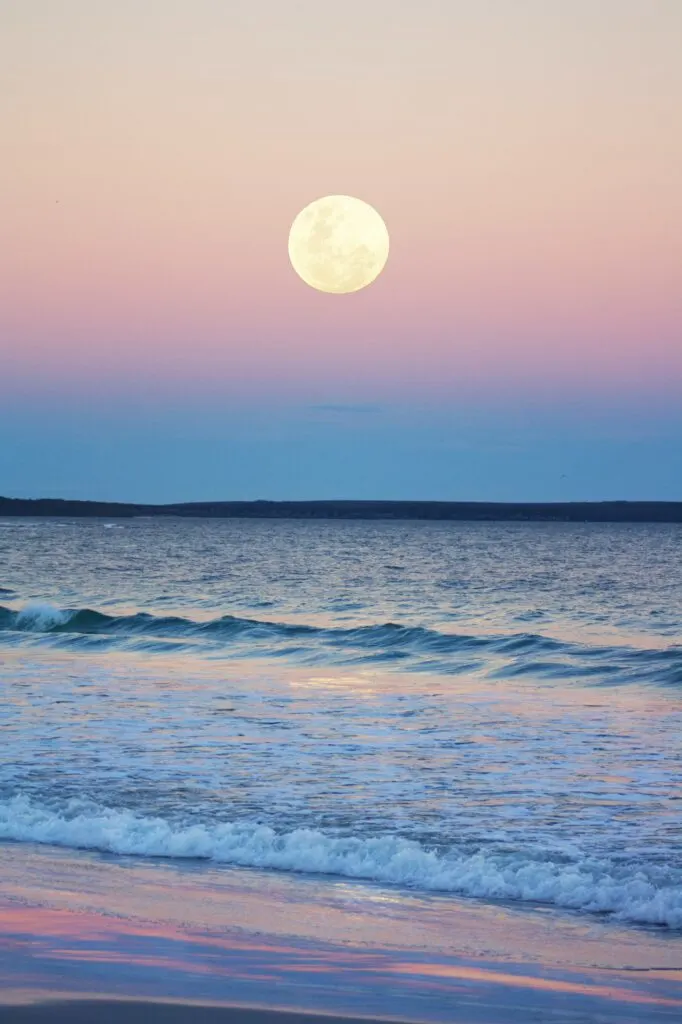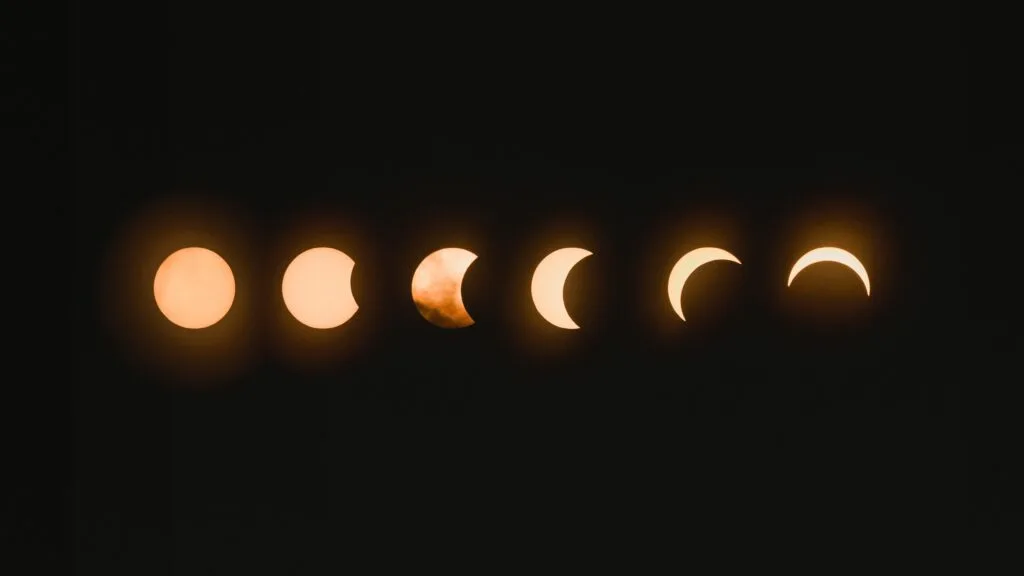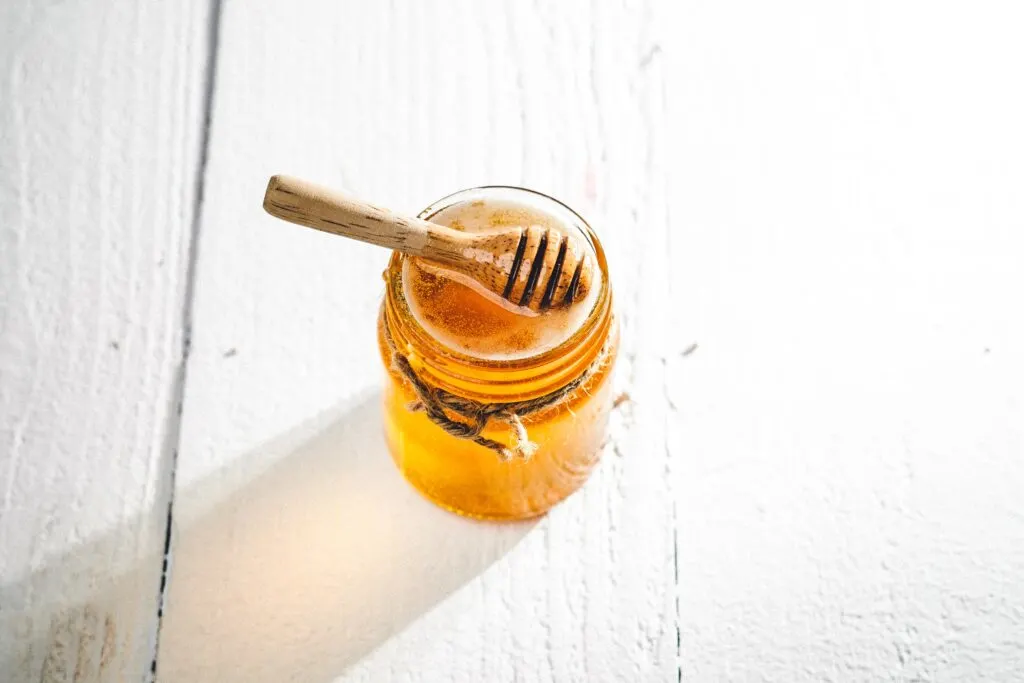Honeymoons are often considered the icing on the wedding cake. After months of planning and decision-making, you get to escape on a relaxing romantic getaway. Most couples who get married plan their honeymoon without thinking twice about the meaning of the word. But why is it called a “honeymoon”?

It turns out, there isn’t a clear-cut answer to that question. There are several theories. If you look at the etymology, or origins of the word, as described in the Oxford English Dictionary, it is said to have first appeared in a poem in 1546 and was used to refer to a feeling of happiness.
It appeared again in 1592 in the supposed last work by Robert Greene, a British writer, where it refers to a period of time after a couple got married: “and Honney moone it was for a moneth after.”
According to the Oxford English Dictionary, this refers to that being a sweet period of time lasting for about a month (the time it takes for the moon to go through its cycles), as well alluding to the idea of love waning like the moon does.

It wasn’t until 1791 that “honeymoon” began to be used to describe a vacation after a wedding, in a German folktale. In 1804 it first appeared in English in a story by Maria Edgeworth, and it gained in popularity from there.
As romantic as a honeymoon is today, a second explanation for the history behind the word is definitely not. Before the modern-day concepts of romantic love and marriage between equals, “marriage by capture” was common, where men would kidnap their intended bride and keep her hidden so her family couldn’t rescue her. They would stay hidden until she conceived—thereby cementing the relationship—or her family stopped looking for her.
After these types of marriages stopped occurring, grooms continued to take their brides away for a certain period of time. This began to be called a honeymoon.

The theory here is that the term “honeymoon” comes from the Nordic word “hjunottsmanathr,” which refers to the kidnapping practice.
In Britain in the 19th century, the honeymoon custom of “bridal tours” arose, where newlywed couples traveled around for a month or more after the wedding—but instead of being alone and using the time to bond, they would visit all their friends and family members who weren’t able to make it to the wedding.
It wasn’t until the late 1800s that honeymoons became vacations just for the couple.

A theory that seems to “marry” the two previous ones is that the word was first used to refer to the decreasing happiness of a couple after they were married (similar to how the moon begins to wane after it is full).
Dictionary.com says “the word derives from the Old English hony moone. Hony refers to the new marriage’s sweetness, as well as a reference to the European custom of giving newlyweds enough mead, ‘an alcoholic liquor made by fermenting honey and water,’ to last a month. … Moon refers to how long that sweetness might probably last.” Not a very optimistic meaning!
In this explanation, the first appearance of the word “honeymoon” is in 1542, when Samuel Johnson wrote about it: “The first month after marriage, when there is nothing but tenderness and pleasure; originally having no reference to the period of a month, but comparing mutual affection of newly-married persons to the changing moon which is no sooner full that it begins to wane…”

The term also may have origins in the 5th century BCE, when time was measured by the cycles of the moon. Supposedly it was a custom then for newlyweds to drink mead during the first moon cycle of their marriage because it was an aphrodisiac and would help them conceive, so a common wedding gift was a month’s worth of mead.
Regardless of the history of the term “honeymoon,” today it refers to a blissful vacation that is just the beginning of a lifetime of happiness. If you’re planning your honeymoon, we have lots of resources on our site to help you create the trip of your dreams.

You can check out articles on honeymoon destinations for every type of couple.

We hope you find everything you need to plan your perfect honeymoon on our site. Have fun browsing and dreaming, and let us know if you have any questions!
Ashley has always loved to explore new places and indulges her passion for travel whenever she can. She has been to 12 countries and 32 states so far.
Ashley has worked as a freelance writer for more than 20 years, specializing in the areas of travel, marketing, personal development, and the pursuit of happiness.
Favorite destinations include Sorrento and Capri, Italy; Haarlem, Netherlands; Paris; Sydney and K’gari, Australia; Rotorua and Waiheke Island, New Zealand; the American West; Palm Beach; the Florida Keys; and her hometown of New Orleans. Ashley has a goal of visiting every state plus many more international destinations.

